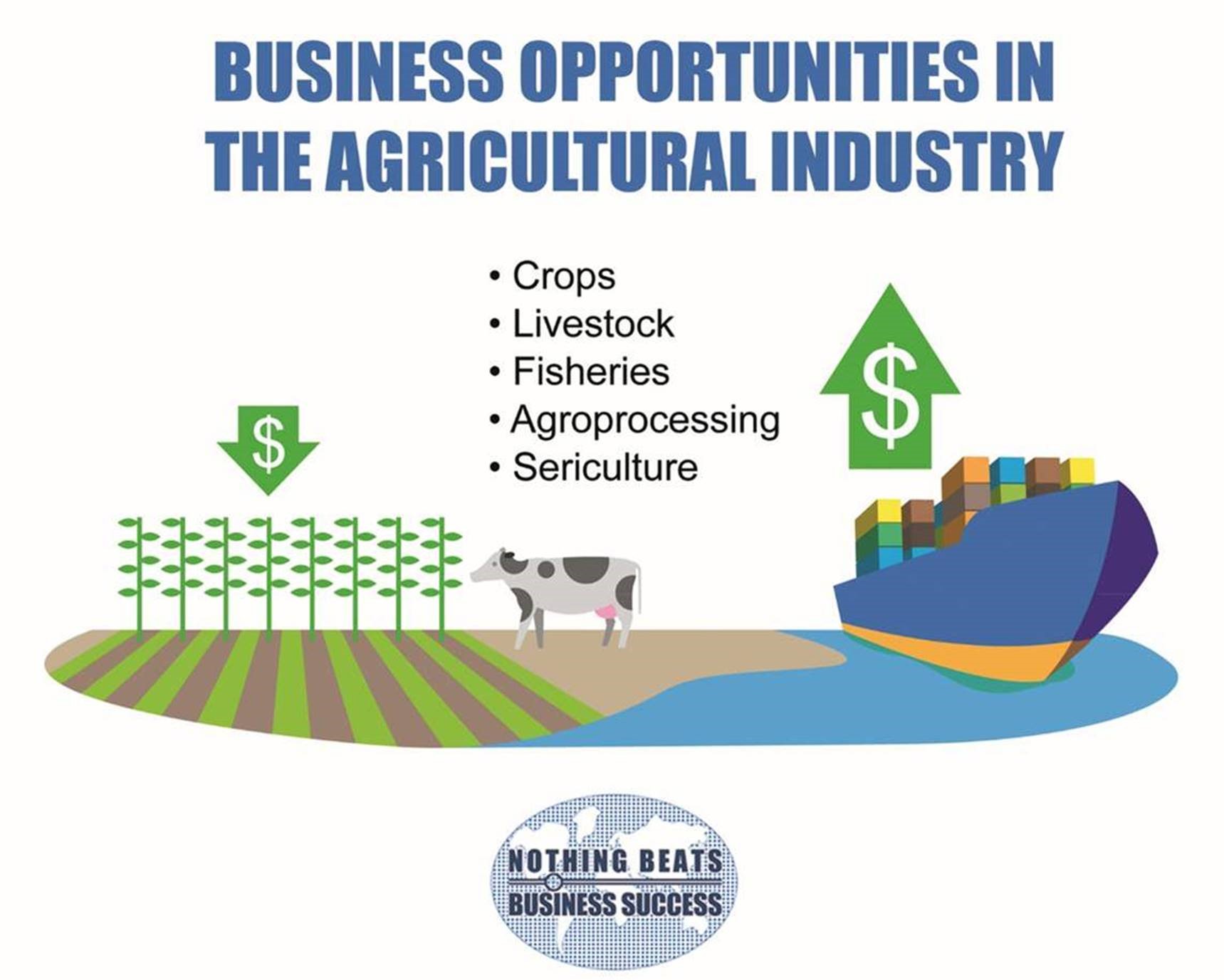“Good planning and hard work lead to prosperity, but hasty shortcuts lead to poverty.” – Proverbs 21:5
In this column, in our quest to identify potential industries for growth in the Caribbean, we have embarked on a review of business opportunities, some of which have been exploited, others partially explored and yet others whose potential is yet to be understood and fulfilled.
We have discussed the relevance of balance and synergy and have specifically revisited the potential for opportunities in tourism and its linkages, the plethora of cultural industry projects as well as projects in the energy and ICT sectors. Today we conclude this list of opportunities with the agricultural and fisheries industries which includes crops, livestock, fisheries, agroprocessing and sericulture.
If the total available productive land area in the Caribbean were to produce these outputs to its full potential, given the use of modern technology, the total supply output would be a major fillip to the increase of agricultural economic growth.
Even though the regional market footprint is too small to absorb this potential output, the global market will not provide any such challenge since it is limitless in relation the region’s potential to supply.
A global market thrust has to be the vision of the social partnership with the private sector doing the agricultural business and the government providing a user-friendly enabling environment.
Here is a brief insight into the potential opportunities by category: (1) crops – ornamentals, fruits, herbs, spices, oils, organic, aloe vera, cotton, sugar cane, vegetables, root crops, forestry, composting and craft; (2) livestock – eggs, poultry, pork, dairy, beef, black belly lamb and chevon; (3) fisheries – commercial fish farming e.g. red Tilapia and Red Claw Crayfish and fishing (off shore and deep sea) within our territorial waters for the local food market, exotic aquarium fish and sports fishing; (4) agroprocessing – processed crops (sweet potato chips), processed animals, rum and sea island cotton fabric; and (5) sericulture – silk production and vermiculture.
Dr. Nicholas Earle Brathwaite is a successful engineer, technologist, entrepreneur, multinational business executive and private equity and venture capital investor. In 2015, he delivered the 40th Sir Winston Scott Memorial Lecture, hosted by the Central Bank of Barbados, on “Technology, Innovation and Entrepreneurship: Igniting Economic Growth, Enhancing Global Significance, and Fueling Socio-Economic Development in the Commonwealth Caribbean”. In this lecture, Dr. Braithwaite promoted the concept that “Agriculture is Big Business”.
Four years ago, the Caribbean Food Business Innovation Revolution initiative, promoted by the Global Business Innovation Corporation (GBIC), was launched with the concept to allow global consumers to pay all our bills.
This GBIC initiative, with its expertise in the four competencies of shepherding, open innovation systems, food design and communications, offers Caribbean entrepreneurs avenues to take their products and services to the regional and global marketplace. Agriculture is one of the sectors which may benefit from this global market pull.
There is no shortage of opportunities. We just need vision and action which must include seed/equity/working capital finance and shepherding to mitigate the risk of failure.
Let us invest in local foods for domestic and export markets, and create local jobs.

